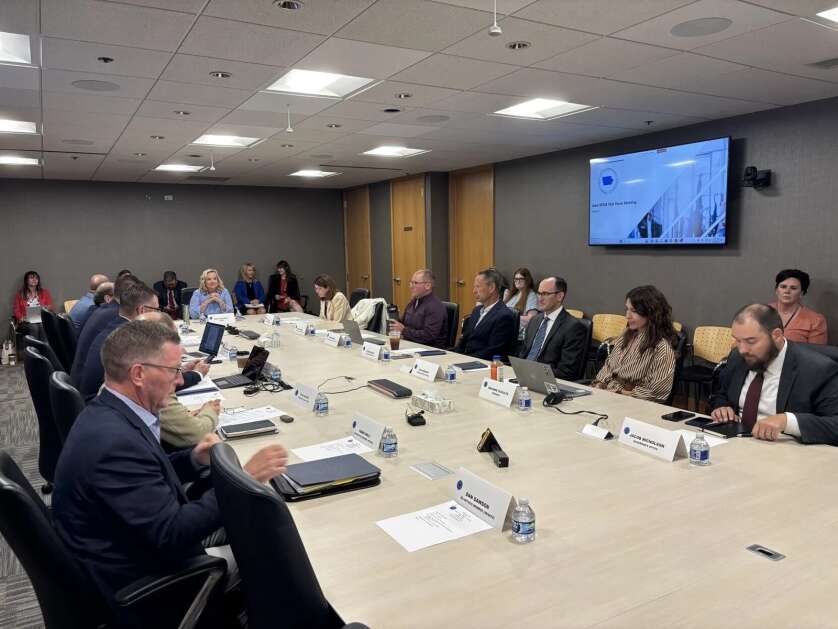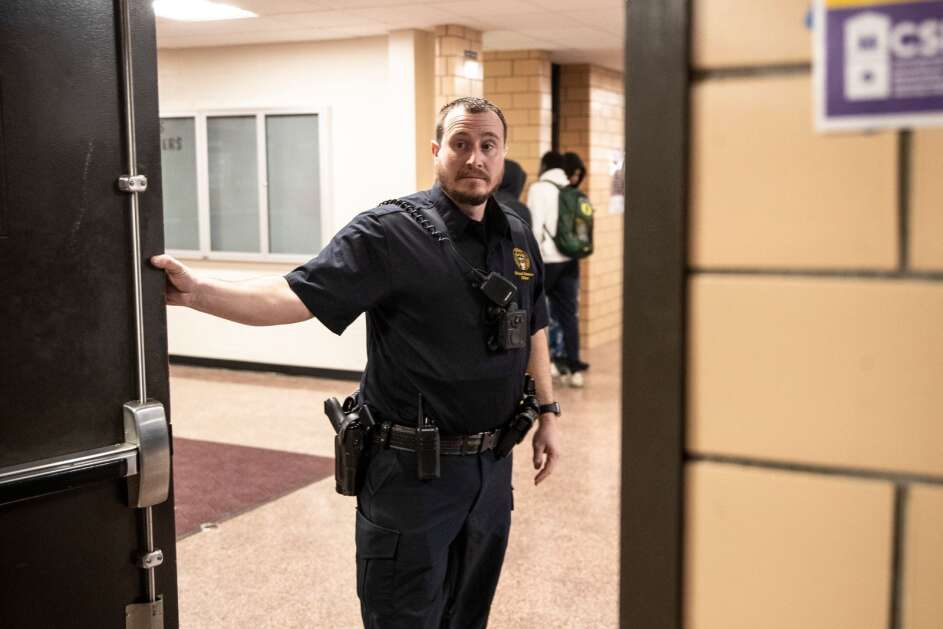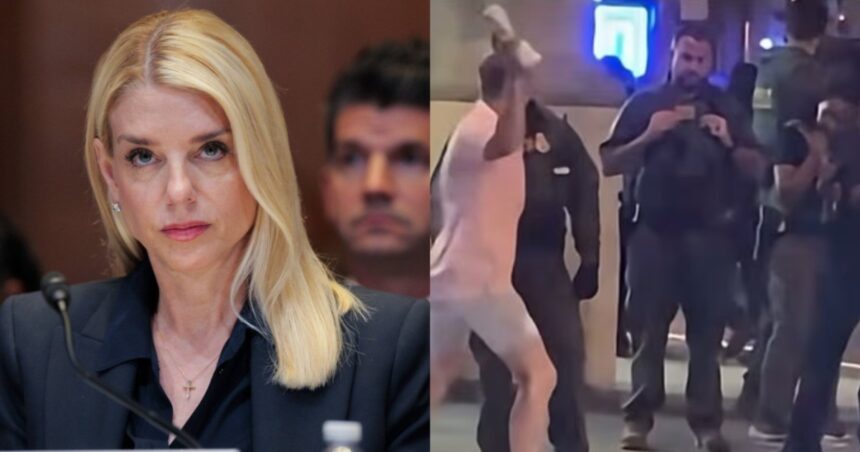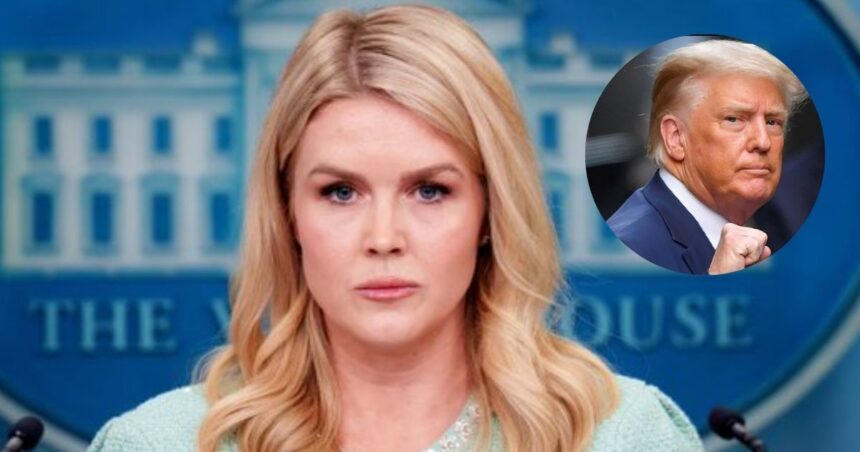The Gazette offers audio versions of articles using Instaread. Some words may be mispronounced.
Even as President Donald Trump has proposed eliminating the federal TRIO programs that since the 1960s have aimed to help disadvantaged students attain some form of higher education, Kirkwood Community College this week announced it has landed $3.1 million in TRIO grants over the next five years.
The $624,895 annually through 2030 continues two of Kirkwood’s five TRIO programs — which on the federal level date back to the Upward Bound program, created under the Economic Opportunity Act of 1964 to prepare students for postsecondary education. The Talent Search Program debuted the following year as part of the Higher Education Act of 1965, and lawmakers attached the TRIO label in 1968 when they amended the act to include what now is called the Student Support Services Program.
TRIO programming continued to expand in recent years to serve millions through — among other things — Equal Opportunity Centers and English as a Second Language programming, rounding out the five offered at Kirkwood.
“Kirkwood has had TRIO for a long time, but just during Lori’s time as president, we went from having two TRIO programs to having five,” Kirkwood President Kristie Fisher said of her predecessor Lori Sundberg, who served from 2018 to 2023. “So it’s really magnified in importance to us and to those students who need the help the most.”
‘Vital to student success’
Kirkwood’s TRIO Student Support Services Program — which has been helping students for more than three decades — will get $352,531 of the new grant funding annually for the next five years. Its TRIO SSS-English as a Second Language program, in its second funding cycle and one of only a dozen in the country, will get $272,364 annually.
“These programs are vital to student success as they play an important role in helping students who may face additional challenges — such as being the first in their family to attend college or managing financial or personal obstacles,” Kirkwood TRIO SSS-ESL Program Director Mallory Petsche said. “With this support, we can continue offering services that help students stay on track, build confidence, and reach their academic goals.”
But Trump’s 2026 “skinny” budget proposes cutting all $1.2 billion in federal TRIO funding, asserting the programming “has not met most of its performance measures for a number of years.”
“States, localities, and universities, not the federal government, are best suited to determine whether and how to most effectively support the activities authorized under this program or similar activities within their own budgets and without unnecessary administrative burden imposed by the federal government,” according to the budget.
Should the federal TRIO funding fall through, those Kirkwood programs would too, spokesman Justin Hoehn said.
“The college does not have the funds in the regular budget to cover these programs,” he said. “So, if the funding goes away, so do the programs.”
‘Broad group of students’
Kirkwood has served thousands of students through its TRIO programs since 2020 — including 446 unique students through its SSS program over the last five years and 302 unique individuals through its ESL program over that span.
The college’s TRIO-supported Educational Opportunity Center, offering counseling and admissions information to adults wanting to start or continue a program, has served 850 annually since 2023; its Talent Search program, helping disadvantaged youth finish high school and enroll in college, has upped the number it serves a year to 450.
Those two programs are funded through 2026, while Kirkwood’s Upward Bound Math and Science program, a year-round college readiness program designed to strengthen high schoolers’ STEM skills, has been funded through 2027.
Support for those programs comes from the government’s most recent $1.2 billion annual allocation — which Trump has proposed cutting, despite what local and national advocates have characterized as “unambiguous” benefits.
“TRIO programs generally and TRIO SSS, in particular, transforms students from the least resourced backgrounds into college graduates,” Kimberly Jones, president of the Washington, D.C.-based
Council for Opportunity in Education
, or COE, said in a statement. “This vital program makes all the difference for nearly a million students each year across the country.”
The U.S. Department of Education in 2019 reported students in TRIO-SSS programming at two-year colleges were 48 percent more likely to earn an associate degree or transfer to a four-year school; SSS students at four-year schools were 18 percent more likely to earn a bachelor’s degree than those not in the program.
Collectively, TRIO serves nearly 870,000 students and adults through nearly 3,500 individual programs in each U.S. state, the District of Columbia, Puerto Rico, and the Pacific islands annually, according to COE. Since 1964, TRIO has supported more than 6 million college graduates, including alumni who went on to become astronauts, college presidents, business executives, and elected officials.
Other outcomes, according to COE, include:
- Upward Bound students are more than twice as likely to earn a bachelor’s degree by 24 than students in the lowest income quartile;
- Talent Search students are 33 percent more likely to enroll in college than other students from the bottom quartile;
- Veterans Upward Bound participants are 42 percent more likely than their peers to earn a bachelor’s degree within six years;
- Educational Opportunity Center programs report that 61 percent of “college-ready” participants enrolled in higher education, and 71 percent applied.
“Trio really does serve this broad group of students,” Kirkwood President Fisher said. “So it is critical to the work we do. It helps us move so many people to self sustaining wages, which is good for families, good for our community.”
Vanessa Miller covers higher education for The Gazette.
Comments: (319) 339-3158; [email protected]






